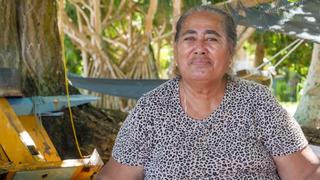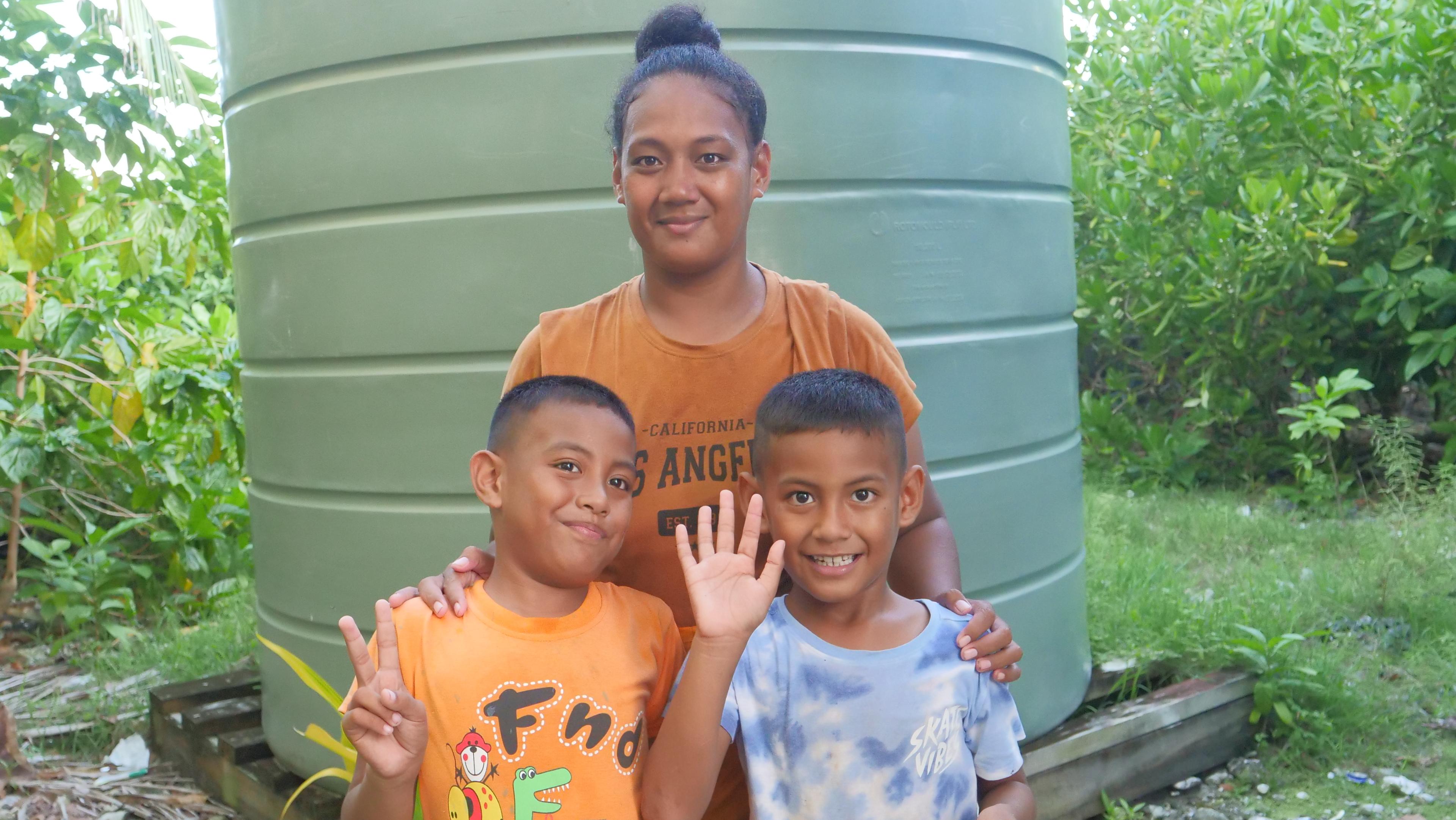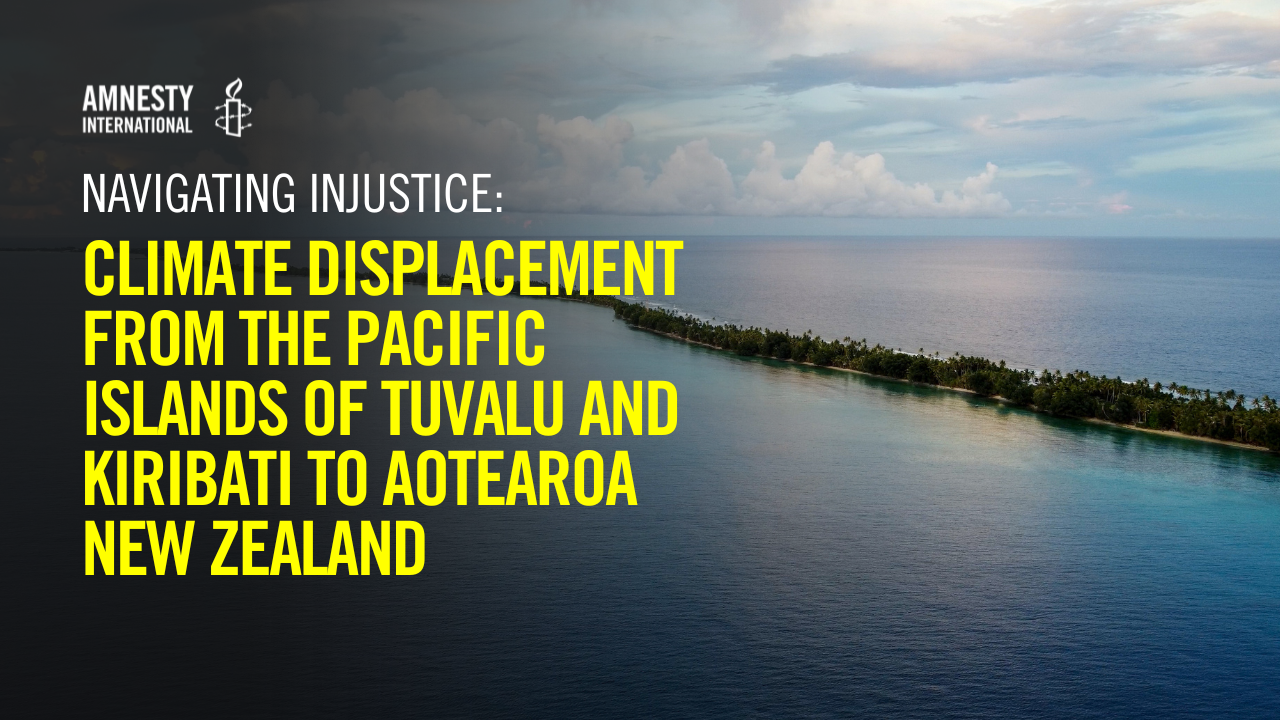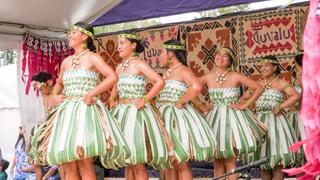
We’re all in this together
People around the world are being displaced by a rapidly changing climate. Basic humanity dictates that we need to create new systems, new pathways to life with dignity.
It’s time for a positive vision that changes the current story of climate displacement. We need to recognise the value of diverse cultures and open our arms to welcome people who have no choice but to move. Together we can forge pathways into an uncertain future. Together we can stand in our shared humanity.

About the report
Amnesty International conducted research between 2023 and 2025 in Tuvalu and Aotearoa New Zealand. The research analyses the human rights situation of Pacific people migrating to Aotearoa New Zealand in the context of the climate crisis, with a focus on communities from Tuvalu and Kiribati.
The report ‘Navigating injustice: Climate displacement from the Pacific Islands of Tuvalu and Kiribati to Aotearoa New Zealand’ is Amnesty International’s first report on climate displacement across borders. It describes the human rights risks relating to rising sea levels and other disasters as well as the situation for persons with disabilities, persons with medical conditions and older persons who are disproportionately affected by the climate crisis and less able to migrate.
The report shows how existing migration pathways are not an answer to the humanitarian needs of people seeking safety from the impacts of climate change and disasters. They are lottery-based and labour-focussed – making them arbitrary and discriminatory. People who are older than 45, those who have medical conditions, or those who have disabilities are among those most disproportionately impacted by the effects of the climate crisis in their home countries, yet are unjustly excluded from the opportunity to migrate to Aotearoa New Zealand to escape the effects of the climate crisis.

The report calls on the New Zealand Government to:
Establish a rights-based humanitarian visa to allow people to move safely and on their own terms in the context of climate change.
Scale-up support for mitigation, adaptation and climate finance for loss and damage in the Pacific, to ensure people who want to stay can do so with dignity.
It is incumbent upon the New Zealand Government to uphold the country’s founding document, Te Tiriti o Waitangi, including when it comes to the process of decision-making, policy development and implementation on migration.
In the report Six Kōrero: Climate Change Mobility Research, published by the University of Waikato, Māori leaders expressed this vital perspective: “Principles of partnership in the Treaty would necessitate The Crown and Māori working together to figure out what options there are, to involve Māori in decision-making and to ensure that Māori are best positioned to support people in the Pacific; the Crown cannot simply come to Māori with proposals on actions in this space. Māori should also work directly with Pacific leaders and people to identify needs, common goals, opportunities for shared benefit. Effectively, a ‘triangle of engagement’ is needed between Māori, Pacific and Crown stakeholders to develop a framework of action around future Pacific climate mobility.”
MORE INFORMATION
Our report launch press release
Check out the live stream of the launch
On 9 October 2025, we launched our report in Onehunga, Tāmaki Makaurau, Aotearoa. Watch Amnesty International present on the research findings and leaders from Pacific Island communities share their thoughts on the report.


